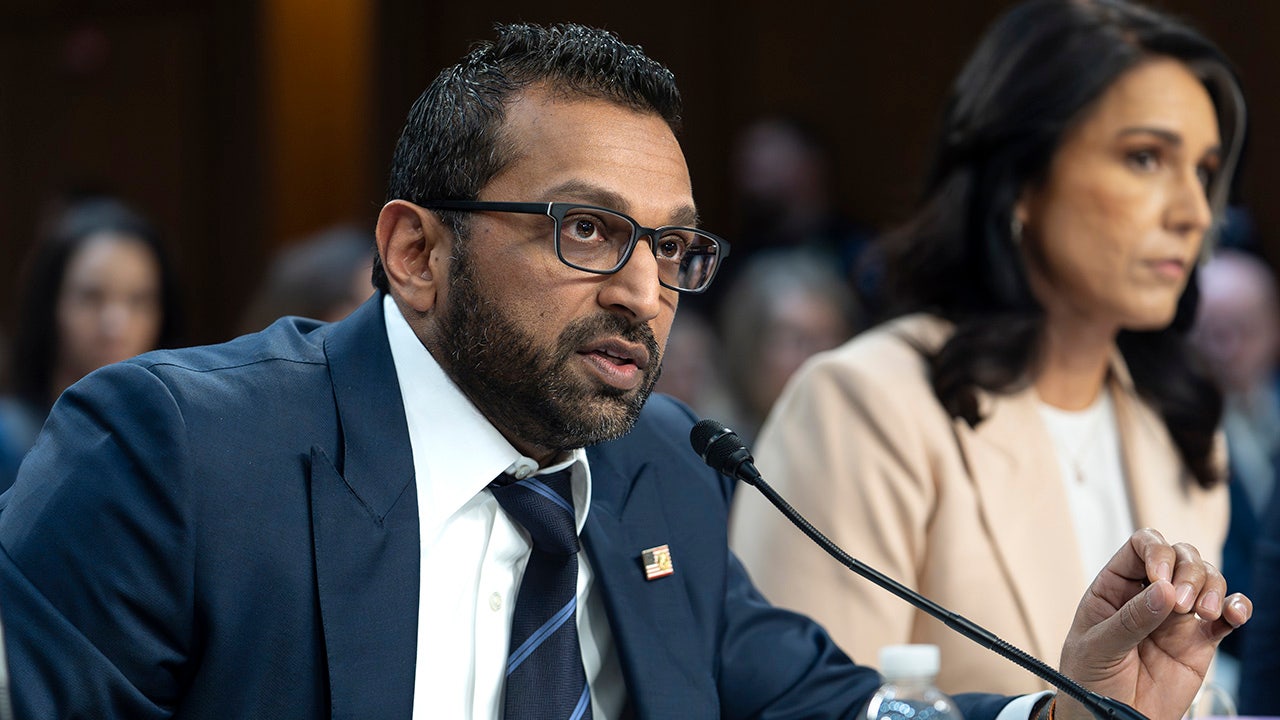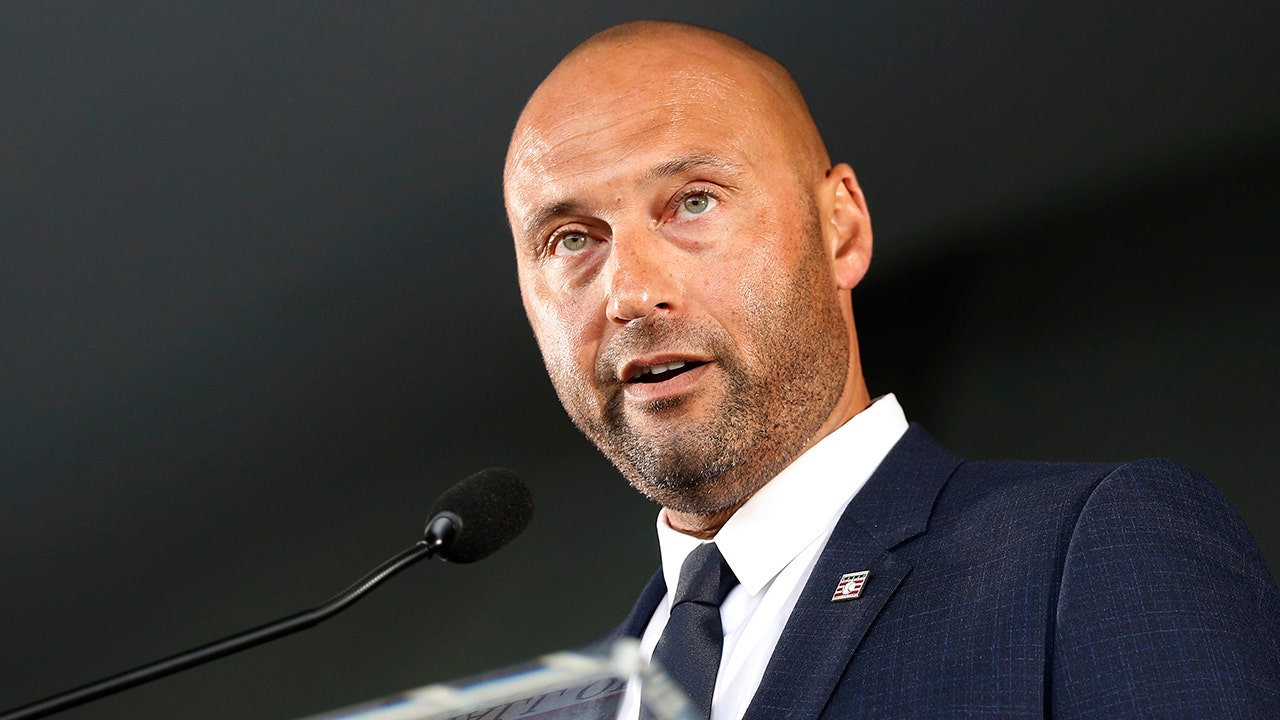So, the last of your kids has flown the coup and now the house is eerily quiet — What’s one to do with all that free time? Maybe you can finally take that trip to Bora Bora or renovate that ADU!
Before you do anything, however, be sure to reassess your budget. Kids leaving the home represents an entirely new chapter in life so it’s only appropriate to plan accordingly. For some, funds are finally freed up and it’s time for a bold, second act. For others, while not much will change in terms of lifestyle, money may still need to be re-allocated.
Check Out: 5 Cities You Need To Consider If You're Retiring in 2025
Trending Now: 8 Frugal Habits Americans Are Ridiculed for — and Why You Shouldn’t Care
Let’s take a look a look at how to make an empty nester budget when your kids move out.
First and foremost, take inventory of all your former expenses. Pull bank statements and categorize your spending habits that represent the time children were still living at home.
With less people in the house, you may not need as much space or everyday necessities. This is why Andrew Latham, certified financial planner (CFP) and content director at SuperMoney.com, advised downsizing in order to “cut mortgage payments, property taxes, insurance and maintenance costs.”
With less people, you may be able to downgrade internet service plans and trim the fat on a couple video streaming platforms. No longer need to be in close proximity to grade schools? Consider moving to a cheaper area.
Advertisement: High Yield Savings Offers
Powered by Money.com - Yahoo may earn commission from the links above.
Discover More: 9 Downsizing Tips for the Middle Class To Save on Monthly Expenses
According to the most recently available research from Vanguard, downsizing commonly allows individuals to shore up extra funds. In fact, roughly 60% of retirees who moved to a cheaper housing market extracted roughly $100,000 in home equity.
Additionally, once your baseline monthly expenses diminish, your emergency fund can, too. Re-tabulate how much money actually needs to be in this fund to get by for three to six months. It’s going to be a lot less!
So, the burning question: What should one do with all this freed up capital?
Latham suggests reviewing spending categories and re-directing the increased savings that would have gone toward extra groceries and large utility bills toward long-term goals like catching up on retirement contributions to a 401(k) plan or IRA (especially important for those over age 50), paying down a mortgage faster or perhaps investing more heavily in the stock market.
And don’t forget about the cost of your own enjoyment. Who doesn’t want to travel and dine out now that they don’t have to shuttle kids to school every morning? Latham suggests adding line items for your own discretionary spending — which becomes more important than you think since empty nesters tend to get carried away!
.png)
 German (DE)
German (DE)  English (US)
English (US)  Spanish (ES)
Spanish (ES)  French (FR)
French (FR)  Hindi (IN)
Hindi (IN)  Italian (IT)
Italian (IT)  Russian (RU)
Russian (RU) 








Comments